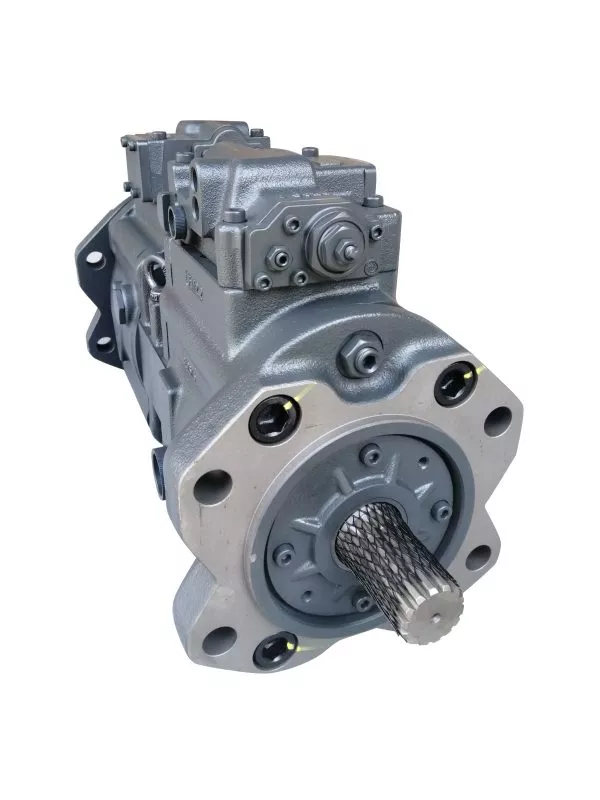Introduction:
Hydraulic pumps and equipment are essential components in a wide range of industrial and commercial applications. They are used to transfer fluids under pressure to power various types of machinery and equipment, such as excavators, forklifts, and heavy-duty vehicles. However, like any mechanical equipment, hydraulic pumps and equipment require regular maintenance to ensure they operate at peak efficiency and to prevent costly breakdowns. In this article, we will discuss the importance of regular maintenance for hydraulic pumps and equipment and provide 7 tips to help you keep your equipment in top working condition.
- Keep an Eye on Fluid Levels:
One of the most important aspects of maintaining hydraulic pumps and equipment is monitoring the fluid levels. The fluid levels in the reservoir should be checked regularly to ensure that the pump is receiving the proper amount of fluid to operate efficiently. If the fluid levels are too low, the pump may become damaged or seize up, which can lead to costly repairs.
- Check for Leaks:
Another important aspect of maintaining hydraulic pumps and equipment is checking for leaks. Leaks can occur in the hoses, seals, or fittings, and can cause the fluid to be lost, which can lead to low fluid levels and damage to the pump. By regularly inspecting the equipment for leaks, you can quickly identify and repair any issues before they cause serious problems.
- Replace Filters Regularly:
Filters play a critical role in maintaining the efficiency of hydraulic pumps and equipment. They are responsible for removing contaminants from the fluid, which can cause damage to the pump if they are not removed. The filters should be checked and replaced regularly to ensure they are functioning properly.
- Lubricate Moving Parts:
Lubrication is also crucial for the proper functioning of hydraulic pumps and equipment. Moving parts such as the gears and bearings need to be lubricated regularly to ensure they move smoothly and reduce wear and tear. It is important to use the correct type of lubricant for the equipment and to follow the manufacturer’s recommendations for lubrication intervals.
- Monitor Temperature:
Temperature is another key indicator of the health of hydraulic pumps and equipment. If the temperature of the fluid becomes too high, it can cause damage to the seals and other components. By monitoring the temperature of the fluid, you can quickly identify and address any issues that may be causing the temperature to rise.
- Schedule Regular Inspections:
Regular inspections are also an important aspect of maintaining hydraulic pumps and equipment. These inspections should be scheduled at regular intervals, such as every six months, to ensure that all components are functioning correctly and to identify any potential issues before they become serious problems.
- Keep the Equipment Clean:
Finally, it is important to keep the equipment clean to ensure that it operates at peak efficiency. Dirt and debris can accumulate on the equipment over time, which can cause damage and reduce the efficiency of the pump. By keeping the equipment clean and free of debris, you can help to ensure that it continues to operate at peak performance.
Conclusion:
Regular maintenance is critical for the proper functioning of hydraulic pumps and equipment. By following these 7 tips, you can help to ensure that your equipment is operating at peak efficiency and to prevent costly breakdowns. By keeping an eye on fluid levels, checking for leaks, replacing filters regularly, lubricating moving parts, monitoring temperature, scheduling regular inspections and keeping the equipment clean, you can help to ensure that your hydraulic pumps and equipment continue to operate smoothly and efficiently.


